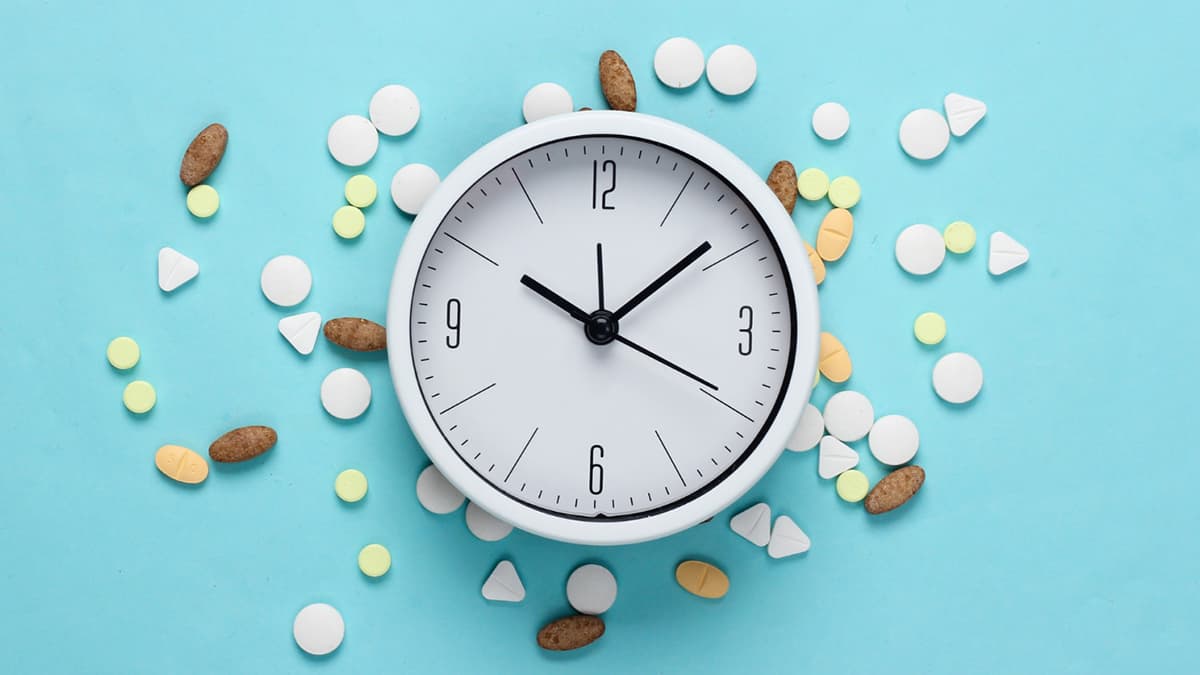The over-consumption of alcohol can take a toll on our physical and mental health, as well as our relationships with others. If you live with or are close to a family member that appears to be struggling with alcohol addiction, certain warning signs may appear that require your attention.
Read through this list of five worrying signs that could indicate your relative needs professional help going slow on the bottle.
1. Changes in Sleeping Patterns
If your relative is drinking more than is considered healthy, it might not be hard to notice changes in their sleeping routine. Often as one of the withdrawal symptoms or after an episode of drinking, these may include difficulty falling or staying asleep at night, excessive daytime napping, and disrupted sleep times overall.
They could be staying up drinking alcohol late into the night, followed by exhaustion during the daytime. It’s also quite common for excessive alcohol intake to cause insomnia, nightmares, frequent awakenings, and worsened sleep apnea symptoms.
2. Unusual Increase in Spending
An unexplained increase in your relative’s spending could also be a sign of a problem regarding alcohol abuse. An individual dealing with chronic substance use may try to cover up their addiction by using money such as frequent trips to the liquor store or bar hopping multiple times per week.
The person tends to spend more on non-essential things compared to after quitting alcohol, or they might spend on anything without a second thought. Excessive alcohol consumption does come with a hefty price tag, so make sure to pay attention to any unusual activities regarding finances.
3. Not Following Through on Prioritized Responsibilities
A decrease in accountability or effort towards important responsibilities could also indicate that your loved one is dealing with a drinking problem and needs help with cutting down on alcohol. Some scenarios here could include missing important appointments, forgetting to pay bills and taxes, and neglecting work tasks.
Equally, some will show a decline in performance at work, school, or other activities they value. Disregarding or neglecting social circle commitments like visits with other family members is also a common character to watch out for.
While it may not always be the case, these habits are often related to physical exhaustion caused by drinking too much alcohol, alongside its disruptive consequences.
4. Mood Swings and Irritability
Alcohol abuse tends to increase emotional instability in the drinker, resulting in unexpected mood changes or bouts of aggression. There may be sudden shifts from calmness to rage associated with alcohol consumption, as well as dramatic flights of emotions such as deep depression followed by justified anger. This could come out through occasional confrontations or hostility towards friends and family members.
5. Risky Behaviors or Disregard for Safety
It’s a well-known fact that consuming alcohol excessively impairs judgment and decision-making, and your relative isn’t an exception. The person in question may get involved in risky behaviors with negligent consequences, such as driving under the influence.
They may engage in activities that are dangerous to themselves and/or others – such as engaging in unprotected sex – or pay little concern to basic safety precautions like wearing a seatbelt when behind the wheel.
Self-neglect is also quite common among people facing alcoholism, where you may notice a decline in the person’s efforts to keep clean and stay organized.
Treatment Options to Recover from Alcohol Addiction
If you believe a relative is struggling with alcohol abuse, it’s important to provide support and access to professional help. Thankfully, there are many treatment options for alcohol abuse and addiction, from rehab facilities to professional therapy services.
Most alcohol recovery centers are easily accessible and usually within miles of your local area, or even online for those who care to look. If we consider Nola, a renowned rehab in New Orleans, for instance, they offer both inpatient and outpatient treatment options.
Depending on the individual’s needs and the severity of alcoholism, a professional support provider can help ensure they receive the best possible care.
Additionally, community support programs where members share their common experiences can help address your relative’s struggles with alcohol abuse, addiction, quitting, or withdrawal.
Ultimately, reaching out for medical trust-building advice on how to positively manage symptoms and maintain healthy lifestyle patterns is essential for successful, long-term recovery. With the above few tips, you hopefully picked up something that can help your beloved kin who might be struggling with alcohol abuse.








Leave a Reply
You must be logged in to post a comment.